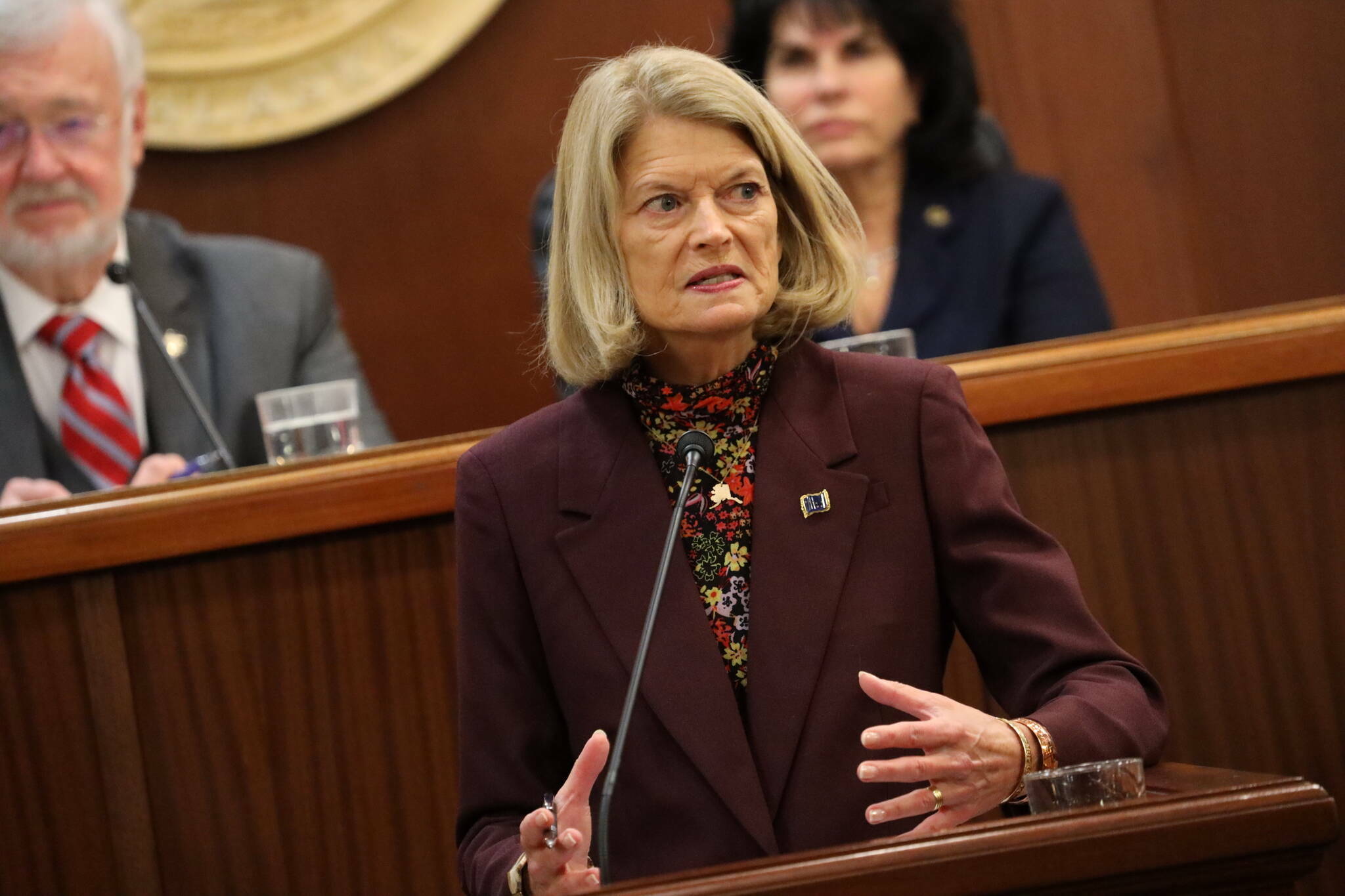The Social Security legislation just now signed into law brings a significant economic benefit to Alaska. Our Alaska delegation to Congress deserves recognition for it. Senator Murkowski in particular worked for two decades to accomplish this.
So far as I can see no state is to receive a proportionate gain exceeding what Alaska will, both in terms of the catch-up and in the monthly amounts going forward. That’s due to the huge increase in state and municipal workers that came with the petroleum era, and so many of those workers also having had private sector work experience. The 1977 and 1983 legislation inspired by actuarial arithmetic, even as Congress often “borrowed” from the trust fund, had a recriminatory aspect for state and municipal workers who worked at least their 40 quarters in the private sector — even as SS remained mandatory. It’s that spoliation that Senator Murkowski has remedied.
For PERS and TRS defined benefit (DB) tiers enrollees, of which I am one, this legislation restores SS obligations due for work that typically began at a young age when every dollar was dear. Those paycheck reductions were not optional. Beginning in the early 1960s, before I first entered high school and extending to the day before I headed to university I rose at 2:10 a.m. each day except Sunday, 52 weeks of each year to work for a dairy, allowing me to be the first in my family to attend high school. On school days I broke off at 7 a.m., but when there was no school my goal, infrequently reached, was to exceed $100 a week, at 95 cents an hour, with no increased pay for longer days or holidays. The amounts taken for SS and the haircuts to my benefits enacted later by Congress were resented. Senator Murkowski’s legislation puts that right, and I don’t believe it would have happened without her persistence.
The PERS and TRS DB tiers were closed to new entrants almost 20 years ago, but for the replacement defined contribution (DC) tiers this new federal legislation gives workers a full SS DB complement. They will have the best of both methodologies with the PERS and TRS DC plus the now restored SS DB, a very good outcome as it vitiates any discussion of a new DB tier during this time of diminished oil production and growing demands on the Permanent Fund.
• Tom Boutin moved to Juneau from Haines in 1983. He is retired, and has a background in public finance and forestry.

